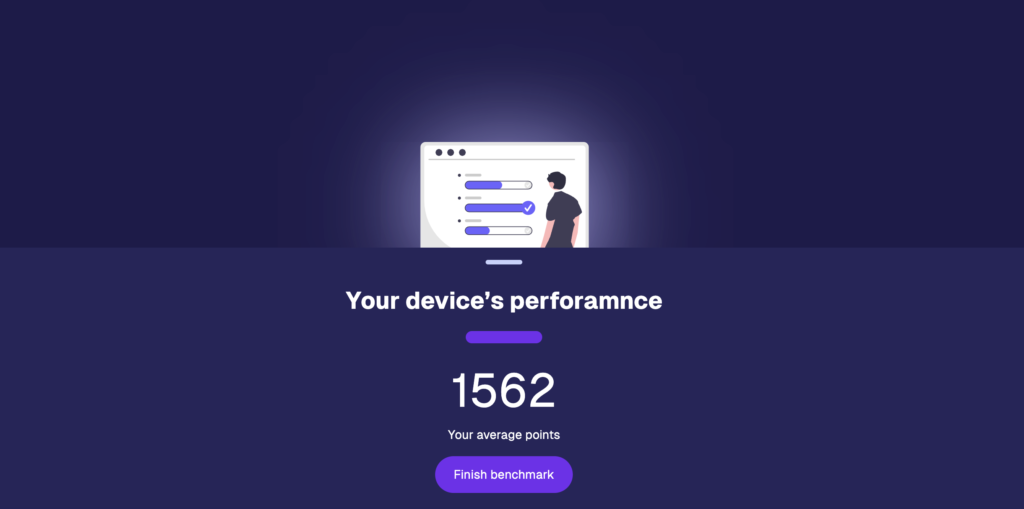Cloud computing, known as internet-based computing, is a transformative technology that has reshaped the landscape of data management and computing. At its core, it refers to the delivery of computing services—including servers, storage, databases, networking, software, analytics, and intelligence—over the Internet (“the cloud”) to offer faster innovation, flexible resources, and economies of scale. Users typically pay only for cloud services they use, helping lower operating costs, run infrastructure more efficiently, and scale as their business needs change.
Table of Contents
ToggleThe History of Cloud Computing
The genesis of internet-based computing dates back to the 1960s, with the concept of time-sharing of computer resources. In the 1990s, telecommunications companies started offering virtualized private network connections. However, it was the arrival of Amazon Web Services (AWS) in 2002, providing a suite of cloud-based services, that truly ignited the cloud revolution. Since then, giants like Microsoft Azure, Google Cloud, and IBM Cloud have emerged, each contributing to the evolution of cloud technologies.
Cloud Computing and Blockchain
The integration of internet-based computing with blockchain technology is paving the way for more secure, transparent, and efficient systems. Blockchain’s decentralized nature complements the distributed computing model of the cloud. This synergy enhances data security and privacy, as blockchain provides a tamper-proof ledger, while cloud computing offers scalable resources for blockchain operations.
The Convergence of Cloud Computing and Blockchain
Blockchain technology, at its core, is a decentralized ledger that records transactions across many computers in such a way that the registered transactions cannot be altered retroactively. This technology, known for its robust security and transparency, complements cloud computing’s scalability and efficiency. When integrated, they create a powerful combination that enhances data security, operational efficiency, and trust.
Enhancing Data Security and Privacy
One of the most significant impacts of integrating blockchain with cloud computing is the enhancement of data security and privacy. Blockchain’s immutable and transparent ledger paired with the cloud’s advanced data encryption methods ensures that stored data is not only secure from unauthorized access but also transparently managed and tracked. This is particularly vital for sectors like finance, healthcare, and government, where data security and compliance are paramount.
Decentralization and Reliability
Blockchain introduces a decentralized structure to internet-based computing, distributing data across multiple nodes. This decentralization reduces the risk of centralized data breaches and system failures. It ensures higher reliability and uptime, crucial for critical applications and services running on cloud infrastructures.
Smart Contracts and Automated Compliance
The implementation of smart contracts on blockchain within cloud computing environments automates and streamlines compliance and contractual obligations. Smart contracts are self-executing contracts with the terms of the agreement directly written into code. They can automate processes, from payment processing to compliance verification, reducing the need for intermediaries and enhancing operational efficiency.
Blockchain as a Service (BaaS)
The emergence of Blockchain as a Service (BaaS) is a testament to the integration’s growing popularity. BaaS allows businesses to use cloud-based solutions to build, host, and operate their blockchain apps and functions. It provides businesses the flexibility to experiment with blockchain technology without the need to develop their blockchain ecosystem or invest in expensive infrastructure.
Challenges and Considerations
While the integration of internet-based computing and blockchain holds immense potential, it also comes with challenges. These include scalability issues, energy consumption concerns, and the complexity of integrating blockchain with existing cloud infrastructure. However, ongoing advancements in both fields are continuously addressing these challenges, paving the way for more seamless integration.
Cloud Computing from Personal Phones
A transformative trend in cloud computing is utilizing personal smartphones’ computational power, epitomized by the innovative Sallar initiative on the Solana blockchain. Sallar creates a distributed network, allowing individuals to share their smartphones’ idle computing resources. This concept transforms personal devices into a collective, powerful computing environment.
Sallar’s integration with the Solana blockchain is key to its functionality. Known for its fast, low-cost, and secure transactions, Solana ensures that the sharing of computational resources through Sallar is efficient and secure. Users contribute their phone’s idle processing power and, in return, receive Sallar tokens, a cryptocurrency on the Solana blockchain. This system not only democratizes cloud computing resources but also provides a tangible incentive for participation.

The collaboration of Sallar with blockchain technology brings a new level of trust and efficiency to cloud computing. Transactions and rewards are managed transparently, fostering a reliable and user-centric computing network. Sallar represents a significant step in cloud computing evolution, illustrating how blockchain can create decentralized, innovative computing solutions that benefit individual users and the broader digital ecosystem.
Applications of Cloud Computing Across Different Sectors
The advent of internet-based computing has revolutionized the way we interact with technology, data, and each other. This chapter delves into how cloud computing, with its unparalleled flexibility and scalability, is making significant inroads across various sectors, transforming them fundamentally.
Science
In the scientific community, cloud computing has become an invaluable asset. It enables researchers to process and analyze vast datasets that were previously unmanageable. For instance, in fields like genomics, climate modeling, and astrophysics, internet-based computing allows scientists to run complex simulations and models, speeding up breakthroughs and discoveries. It also facilitates collaboration among researchers worldwide, breaking down geographical barriers and fostering international scientific cooperation.
Industry
The industrial sector has witnessed a paradigm shift with the adoption of internet-based computing. From manufacturing to supply chain management, it offers scalable solutions that enhance efficiency and productivity. Internet-based computing enables real-time data analysis, predictive maintenance, digitalization of workstations, and streamlined logistics, significantly reducing costs and improving operational efficiency. Additionally, it empowers small and medium-sized enterprises (SMEs) by providing them with access to sophisticated tools and technologies that were previously available only to large corporations.
Big Data
In the realm of big data, cloud computing is indispensable. It provides the infrastructure to store, process, and analyze enormous volumes of data, making it possible to extract meaningful insights. This capability is crucial for sectors like retail, finance, and telecommunications, where understanding customer behavior, market trends, and risk management is key to staying competitive.
Medicine
Cloud computing is transforming the medical field by enhancing patient care and advancing medical research. It enables secure and efficient storage and sharing of medical records, facilitating better healthcare delivery. In medical research, cloud computing accelerates drug discovery and genomic research, contributing significantly to the advancement of personalized medicine.
Cryptography
In cryptography, cloud computing provides a robust platform for secure data encryption and decryption. It ensures the protection of sensitive information, critical for sectors like banking, defense, and government. The cloud’s computational power also aids in developing new cryptographic algorithms, enhancing data security across the board.
Recycling
The recycling industry benefits from cloud computing through improved efficiency and sustainability. It optimizes waste collection routes, manages recycling processes, and tracks the lifecycle of recyclable materials. Cloud computing also enables better data analysis, contributing to more effective and environmentally friendly recycling practices.
The Future of Cloud Computing
The future of internet-based computing is brimming with potential. As we continue to innovate and integrate technologies like AI, machine learning, and blockchain, the scope of cloud computing will expand further. Its role in harnessing the power of personal devices for computational purposes hints at an even more interconnected and resource-efficient future. The versatility of internet-based computing, evident in its application across various sectors, underscores its significance as a cornerstone of modern technology and its potential to revolutionize industries worldwide.





